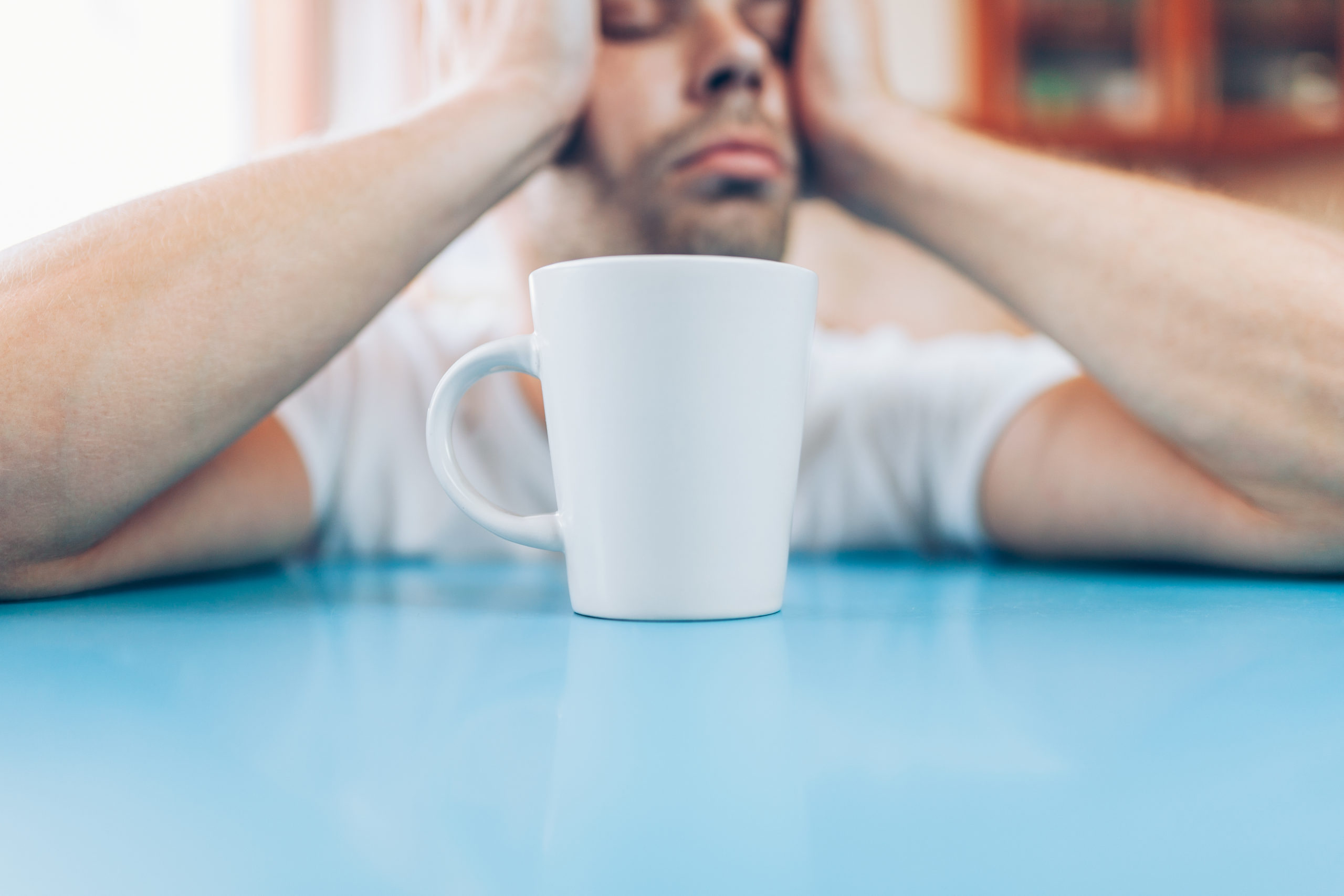
If you often still feel sleepy after a full night’s rest, one of these issues may be to blame.
It’s not uncommon to occasionally wake up tired, wishing you had time to hit the snooze button so you can get more shut-eye. But if you find yourself often feeling groggy upon waking, or if you regularly feel tired throughout the day, it may be a sign of an underlying sleep issue or health condition.
Here are some reasons that may explain why you wake up tired:
Sleep Apnea
This serious sleep disorder causes periodic pauses in breathing while you sleep. This can lead to repeated episodes of low oxygen, increased inflammation and serious effects on the heart. Untreated sleep apnea may contribute to cardiovascular issues such as high blood pressure, heart failure, heart arrhythmias, cardiomyopathy, heart attack and stroke. It also raises your risk of diabetes and obesity.
Potential signs of sleep apnea include:
-
- Snoring
- Gasping for air while sleeping
- Waking up with a dry mouth
- Having headaches in the morning
- Feeling tired after a full night of sleep
If you think you have sleep apnea, see a doctor. A sleep study can be ordered to check for the condition. If you have sleep apnea, treatment can help you avoid potentially serious complications from the disorder.
Insomnia
If you have a hard time falling or staying asleep, you may have insomnia. This can cause you to wake up feeling tired. It can also cause you to have low energy and feel irritable or depressed.
Restless Legs Syndrome
If you have an uncontrollable urge to move your legs when you’re in bed, you may have this condition. Since the sensations in your feet and legs don’t allow you to sleep well, it can cause you to wake up still feeling tired.
Nocturia
If you wake up multiple times during the night to go to the bathroom, it disrupts your sleep. Nocturia may occur because you drink too many liquids or it can be a sign of an underlying health condition, such as diabetes, a sleep disorder or an overactive bladder.
Sleep or Lifestyle Habits
You may simply be tired because there are things you do (or don’t do) that stop you from getting good quality sleep—or you may not be sleeping enough. Poor sleep may occur due to:
-
-
- Not going to sleep and waking up at the same time every day
- A sleep environment that doesn’t promote sleep, such as an uncomfortable mattress or pillow or a room that is too warm, bright or loud
- Looking at screens, such as your phone or a computer, right before bed
- Taking long naps during the day
- Eating rich, fatty or spicy foods too close to bedtime
- Having caffeine too late in the day
- Drinking alcohol before bed
- Exercising too close to bedtime or not getting enough daily physical activity
-
If you have ruled out a health condition that is causing your morning fatigue, look at your sleep practices and lifestyle habits to determine if there is something you can change that will allow you to get better quality sleep so you wake up feeling more rested.
Copyright 2022 © Baldwin Publishing, Inc. All rights reserved.
Health eCooking® is a registered trademark of Baldwin Publishing, Inc. Cook eKitchen™ is a designated trademark of Baldwin Publishing, Inc. Any duplication or distribution of the information contained herein without the express approval of Baldwin Publishing, Inc. is strictly prohibited.
Date Last Reviewed: May 16, 2022
Editorial Review: Andrea Cohen, Editorial Director, Baldwin Publishing, Inc. Contact Editor
Medical Review: Perry Pitkow, MD
Learn more about Baldwin Publishing Inc. editorial policy, privacy policy, ADA compliance and sponsorship policy.
No information provided by Baldwin Publishing, Inc. in any article is a substitute for medical advice or treatment for any medical condition. Baldwin Publishing, Inc. strongly suggests that you use this information in consultation with your doctor or other health professional. Use or viewing of any Baldwin Publishing, Inc. article signifies your understanding and agreement to the disclaimer and acceptance of these terms of use.